SEARCH
ALL NEWS
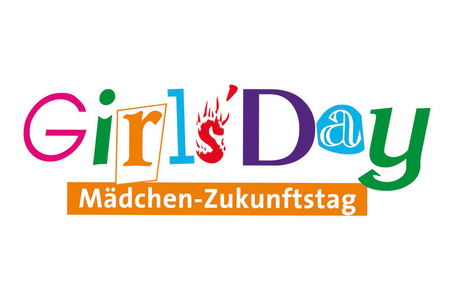
Girls' Day: dEIn Labor and BIFOLD offer AI workshop
TU Berlin is once again participating in this year's "Girls' Day" on April 25, 2024. dEIn Labor and BIFOLD offer a workshop for schoolgirls from the age of 15.
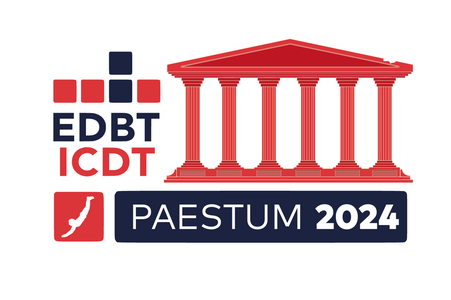
EDBT conference 2024
The EDBT conference 2024 took place from March 25 to 28. BIFOLD researchers presented three papers at this Core-A conference on databases: "Benchmarking Stream Join Algorithms on GPUs: A Framework and its Application to the State of the Art", "Bridging the Gap: Complex Event Processing on Stream Processing Engines", and “Evaluation of Sampling Methods for Discovering Facts from Knowledge Graph Embeddings”.

Smart Sky: Transforming Earth Observation through AI
Through three engaging lectures, scientists from NASA, the Planetarium Berlin, and BIFOLD explained the significance of satellite images and modern AI techniques.
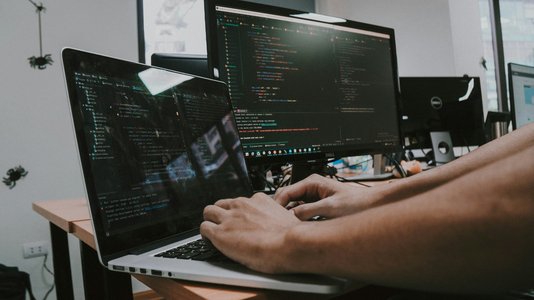
Project Launch AIgenCY
With the innovative research project "AIgenCY - Opportunities and Risks of Generative AI in Cybersecurity," leading experts from academia and industry take on the challenge of exploring the implications of generative artificial intelligence (AI) for cybersecurity.

Sustainable Federated Learning
Federated Learning is expected to further increase the power consumption of machine learning, which is already recognized as one of the most energy-intensive computational applications today. However, due to its distributed nature, Federated Learning also offers new opportunities to align this demand with the availability of green energy.

Welcome Prof. Dr. Ziawasch Abedjan
As of March 1, 2024, BIFOLD welcomes a new Research Group Lead in Berlin: Prof. Dr. Ziawasch Abedjan heads the new chair for Data Integration and Data Preparation. In particular, he develops new algorithms for the automatic preparation, extraction, and cleaning of datasets for data science workflows.

x-cardiac receives digitization award
Artificial intelligence-based platform for clinical decision support and digital health in intensive care units - x-cardiac - receives digitization award
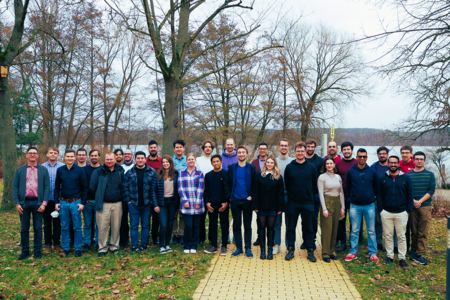
DIMA-DAMS Annual Retreat
The three-day retreat was aimed at discussing the research results and ongoing work of doctoral students in the BIFOLD Data Systems Lab: currently, comprised of the Database Systems and Information Management (DIMA) and Big Data Engineering (DAMS) groups.
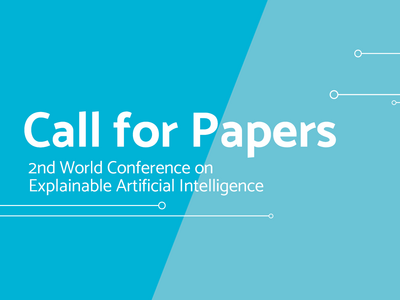
Call for XAI-Papers!
Two research groups associated with BIFOLD take part in the organization of the 2nd World Conference on Explainable Artificial Intelligence. Each group is hosting a special track and has already published a Call for Papers. Researchers are encouraged to submit their papers by March 5th, 2024.
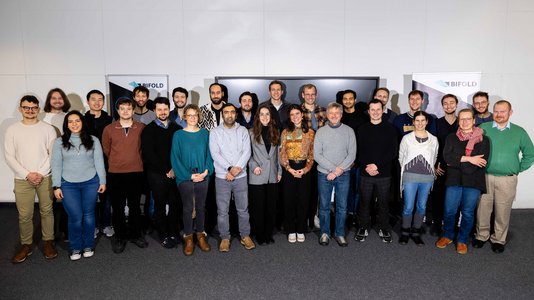
BIFOLD Graduate School Welcomes New Cohort
The BIFOLD Graduate School warmly greeted its latest cohort of doctoral candidates during the Welcome Days event. Ten exceptional scholars were selected from over 100 applicants to pursue their research journey.

